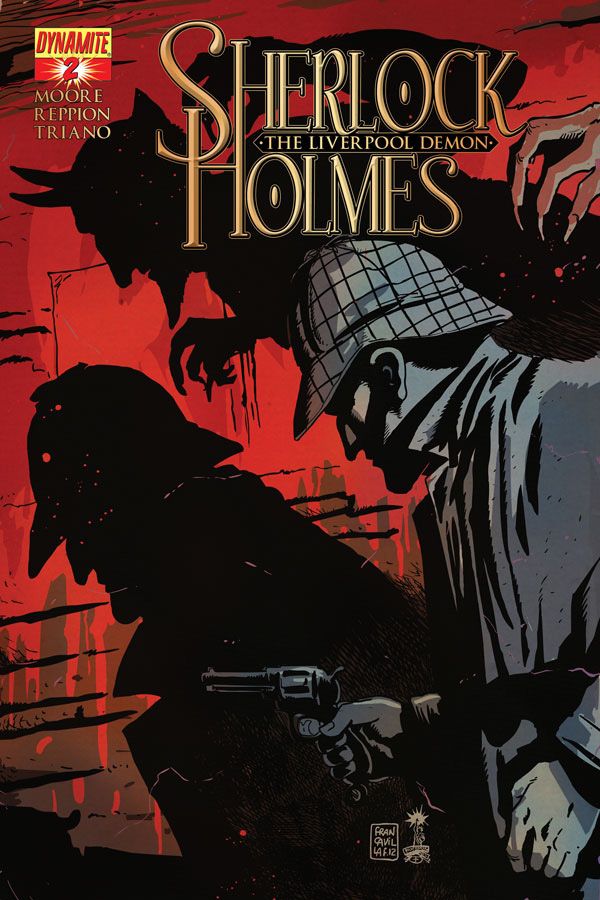Unfortunately for the estate of Arthur Conan Doyle, "The Case of the Sherlock Holmes Copyrights" hasn't developed into much of a mystery, as its efforts to prevent many of the stories and characters from lapsing into the public domain have met with one defeat after another.
The latest came Thursday from U.S. Supreme Court Justice Elena Kegan, who refused to delay the June 16 decision by the Seventh Circuit that the characters and story elements in the first 50 Sherlock Holmes stories are no longer protected by U.S. copyright, and therefore available for other writers and artists to use and adapt.
Considering those stories were published before Jan. 1, 1923, it might seem obvious that they had lapsed into the public domain in the United States. However, the Doyle estate has long been protective of the lucrative property, insisting that publishers, television networks and film studios pay a licensing fee to use the characters and story elements. Many, including Warner Bros. and CBS, have complied. But Holmes expert Leslie Klinger, who served as a consultant on Guy Richie's film adaptations, refused to hand over $5,000 while he was assembling In the Company of Sherlock Holmes, a collection of new stories written by different authors. When the Doyle estate sent a letter to the publisher threatening to block sales of the book through Amazon, Barnes & Noble and other retailers, Klinger sued.
The Doyle estate argued that Sherlock Holmes is a"complex" character, and effectively incomplete until the author’s final Holmes story was published in the United States, leaving the works protected by copyright. While certainly novel, neither a trial judge nor the Seventh Circuit Court of Appeals bought it, ruling that the pre-1923 stories have indeed lapsed into the public domain (the 10 published after 1922 remain under copyright until 2022).
“We cannot find any basis in statute or case law for extending a copyright beyond its expiration," U.S. Circuit Judge Richard Posner wrote in the appeals court's decision. "When a story falls into the public domain, story elements — including characters covered by the expired copyright — become fair game for follow-on authors …”
Posner last week rejected the estate's bid to stay the ruling while it prepares a petition to the Supreme Court, which will center on whether Klinger should’ve been permitted to file his declaratory judgment lawsuit before he published the Holmes collection.
“We appreciate the court's consideration of our request as well as the rarity with which the court grants a stay pending appeal,” estate attorney Benjamin W. Allison told Law360 on Thursday. “We continue to believe that the Seventh Circuit erred when it split from all other courts in the country and declined to require Mr. Klinger to come forward with his finished book for actual comparison to the protected aspects of Sherlock Holmes’s character.”


